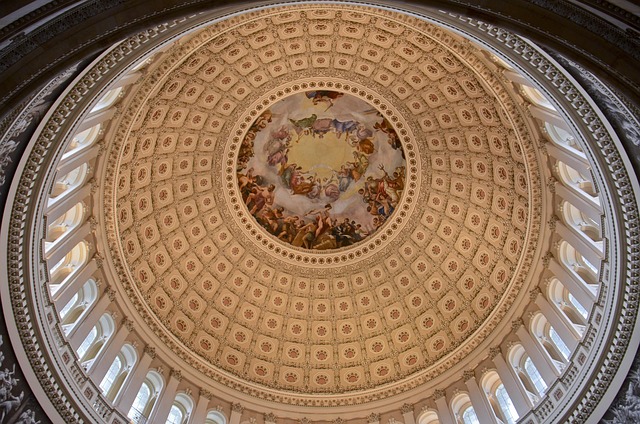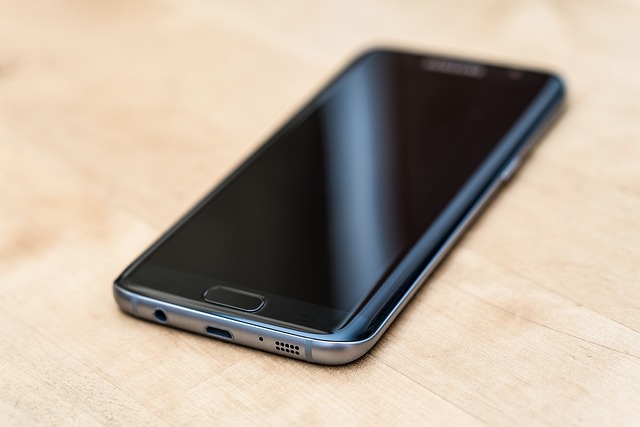In Washington D.C.'s competitive business environment, adhering to the Telephone Consumer Protection Act (TCPA) is essential for companies using voice-controlled smart offices. A TCPA Attorney DC helps navigate this federal law, designed to protect consumers from intrusive telemarketing and unwanted calls. By complying with TCPA guidelines on automated contacts, businesses build customer trust and enhance their reputation while avoiding legal issues. Engaging a specialist attorney ensures smart office systems operate within legal boundaries, addressing challenges posed by AI technology and local privacy laws.
In the dynamic landscape of Washington D.C. businesses, embracing cutting-edge technology like voice-controlled smart offices is a trend gaining momentum. However, navigating this digital shift requires careful consideration of regulatory hurdles, particularly the Telemarketing Consumer Protection Act (TCPA). As AI assistants become omnipresent, understanding TCPA compliance becomes paramount for DC companies to avoid legal pitfalls. This article delves into these topics, guiding local businesses on implementing smart office solutions while adhering to stringent TCPA regulations, with insights from a leading TCPA Attorney DC.
Understanding TCPA: The Law and Its Relevance to DC Businesses

In the dynamic landscape of Washington D.C.’s business environment, understanding and adhering to the Telephone Consumer Protection Act (TCPA) is paramount for all companies, especially those utilizing voice-controlled smart offices. The TCPA Attorney DC is a key resource for businesses looking to navigate this federal legislation, which was designed to curb intrusive telemarketing practices and protect consumers from unwanted phone calls. It sets strict guidelines on how businesses can contact customers, including restrictions on automated calls and text messages without prior consent.
For DC-based enterprises integrating voice-controlled technologies, compliance with the TCPA goes beyond mere legal obligation; it’s a strategic move to foster customer trust and loyalty. Awareness of the act ensures that business practices respect consumers’ privacy and preferences, thereby enhancing brand reputation. Engaging a TCPA Attorney DC can provide tailored guidance on implementing these regulations into smart office systems, ensuring smooth operations while avoiding potential legal pitfalls associated with non-compliance.
Voice-Controlled Smart Offices: A New Trend in Workplace Technology

Navigating TCPA Compliance in the Age of AI Assistants

In the rapidly evolving landscape of smart offices, where voice-controlled assistants are becoming increasingly common, businesses in Washington D.C., and beyond, must navigate complex regulations like the Telephone Consumer Protection Act (TCPA). As AI technology advances, ensuring compliance with TCPA becomes more intricate. Businesses need to be vigilant about how they utilize automated technologies, including virtual assistants, to avoid consumer privacy violations and costly legal repercussions.
Hiring a TCPA Attorney DC is a strategic move for companies aiming to stay compliant in this digital age. Legal experts can provide guidance on best practices for implementing AI while adhering to TCPA guidelines. They assist in understanding consent management, do-not-call lists, and the specific requirements for voice interactions with customers, ensuring businesses operate within legal boundaries and protect themselves from potential lawsuits.
Potential Legal Pitfalls for DC Companies Using Voice Technology

DC businesses adopting voice-controlled smart offices face unique challenges, particularly regarding compliance with the Telephone Consumer Protection Act (TCPA). As voice technology becomes more integrated into daily operations, companies must navigate complex legal territory to avoid potential pitfalls. One critical area of concern is the unauthorized use of customer voices and telephone data, which can trigger TCPA violations.
DC’s strict privacy laws further complicate matters, requiring businesses to obtain explicit consent for collecting, storing, or using personal information, including voiceprints. Using voice technology without proper authorization could lead to significant legal repercussions, including substantial fines and damage to a company’s reputation. Engaging the services of a TCPA Attorney DC can provide much-needed guidance, ensuring compliance and minimizing risks associated with implementing advanced voice technologies in the capital city’s business landscape.
Best Practices for Implementing Smart Office Solutions While Adhering to TCPA

Implementing smart office solutions in D.C. involves a delicate balance between enhancing operational efficiency and adhering to legal guidelines, particularly those set by the TCPA (Telemarketing Consumer Protection Act). A TCPA Attorney DC can offer invaluable insights into navigating this regulatory landscape. Best practices include ensuring user consent for voice-controlled systems, providing clear opt-out mechanisms, and training employees on privacy best practices. Regular audits and updates to smart office technologies are crucial to stay compliant with evolving TCPA standards.
Additionally, businesses should maintain comprehensive records of consent forms and user preferences, demonstrating a commitment to respecting consumer choices. By adopting these measures, D.C. companies can maximize the benefits of smart offices while minimizing legal risks associated with TCPA violations.






